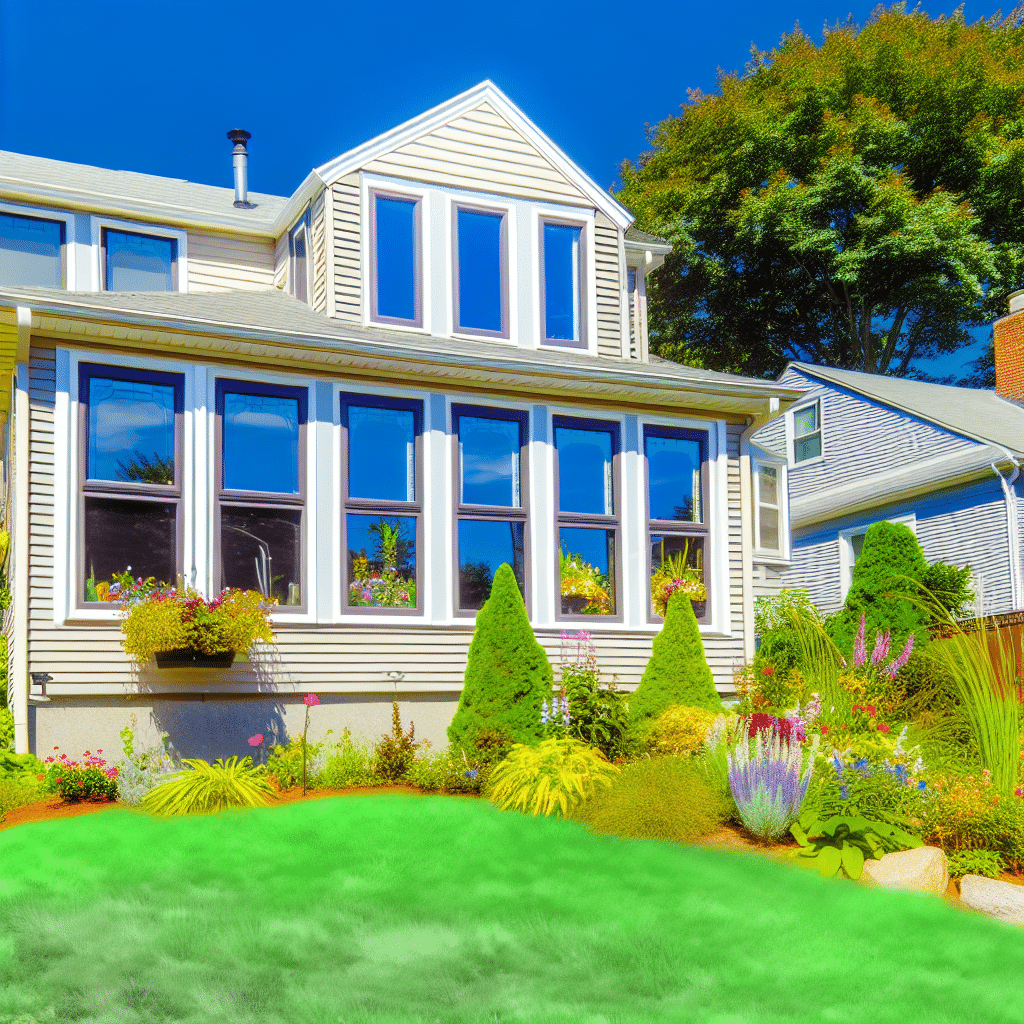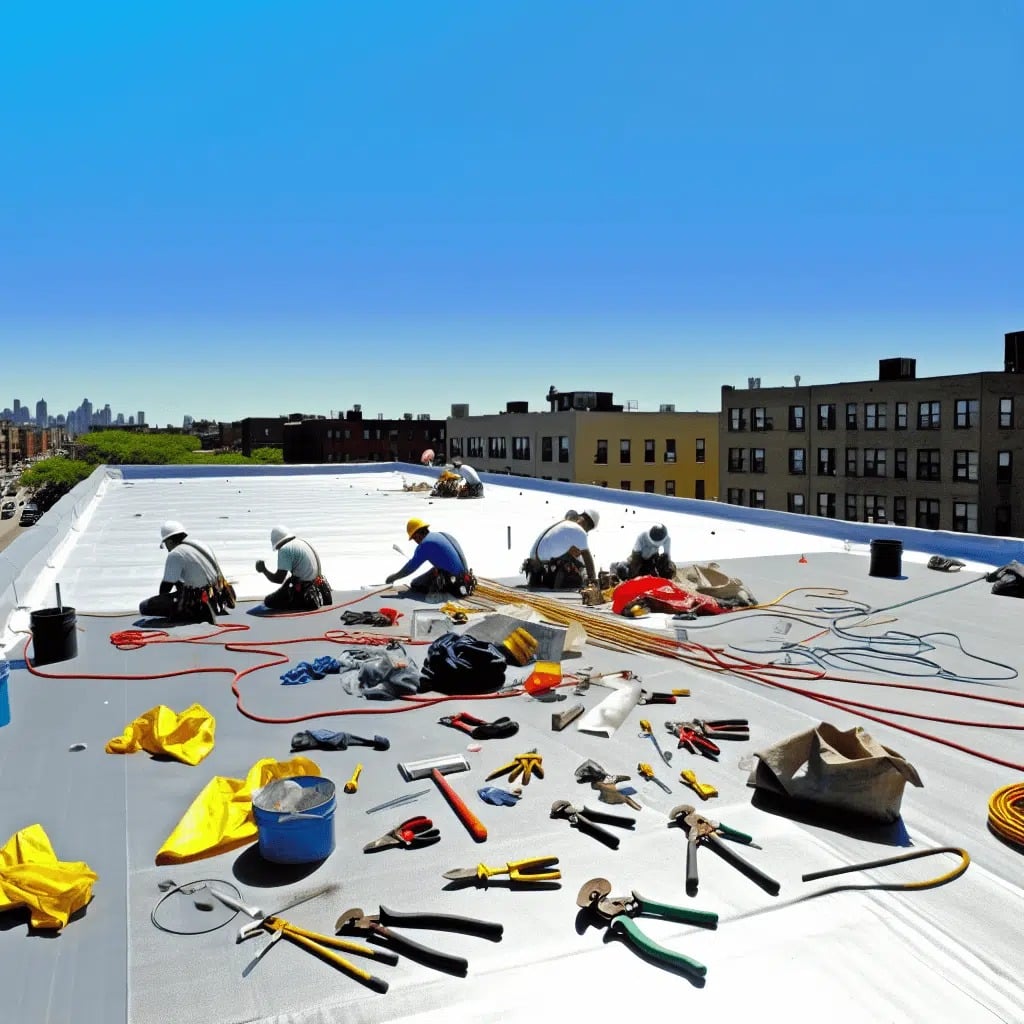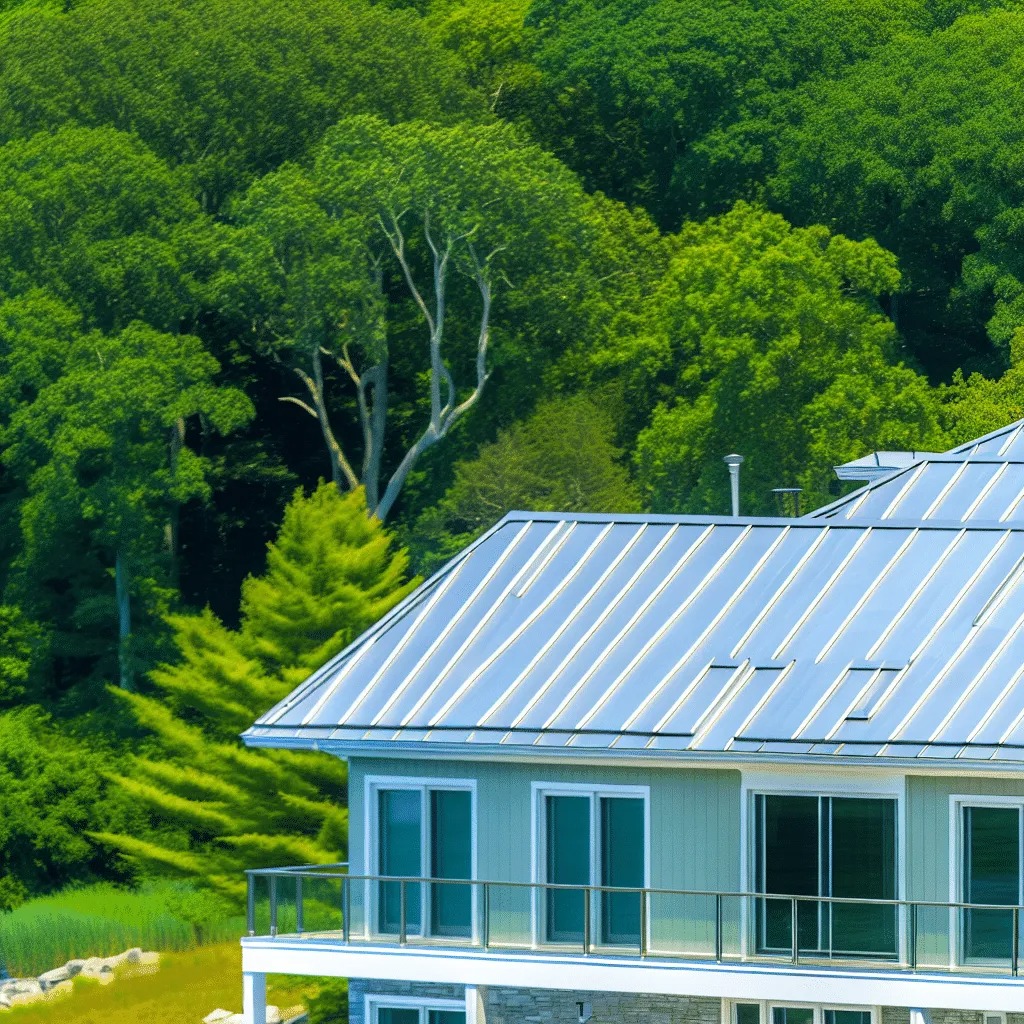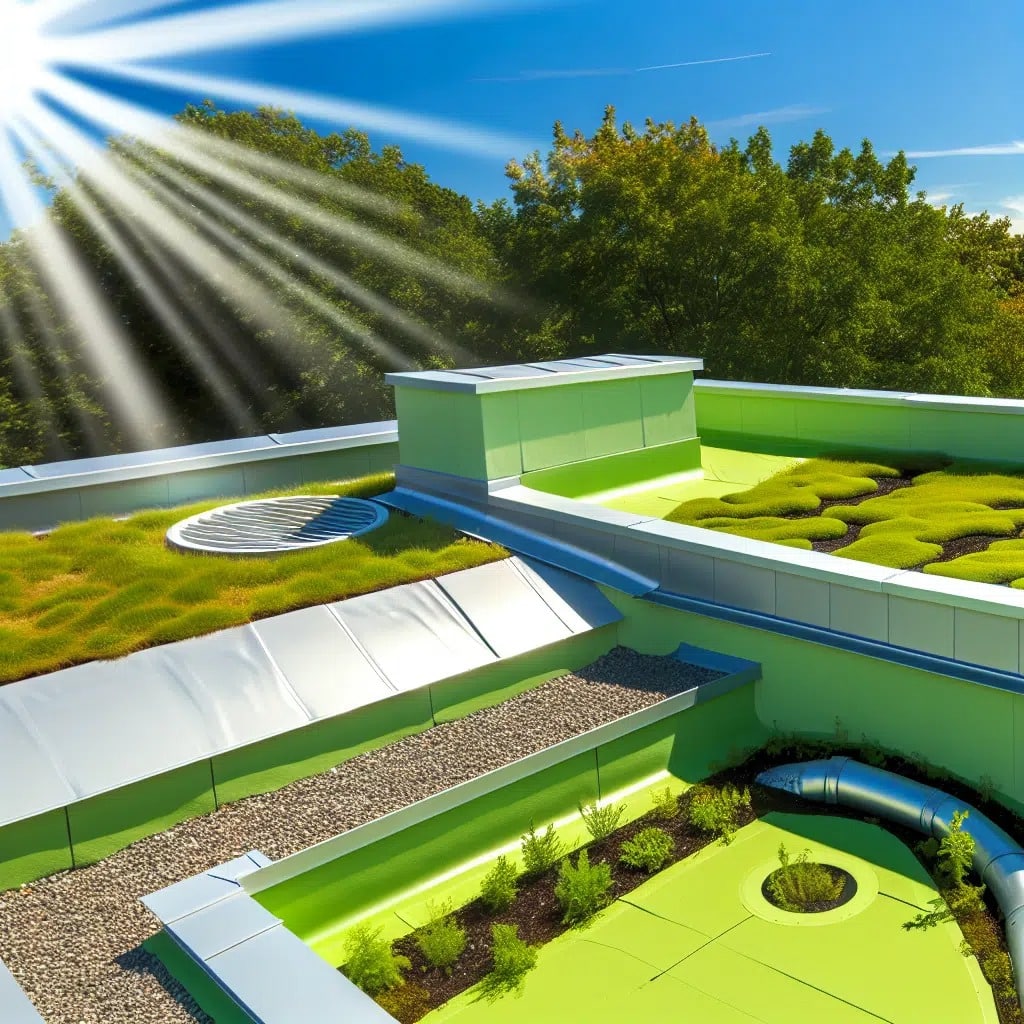Choosing Your Windows: A Matter of Comfort and Cost
Making the right choice when it comes to windows is not just about aesthetics—it’s about creating a comfortable living space and maximizing your home investment. The debate between vinyl vs fiberglass windows is one that homeowners can’t afford to ignore. With potential impacts on energy bills, maintenance, and even property value, the decision warrants careful consideration. For many, it’s not just about the short-term cost, but the long-term benefits that will shape the satisfaction with their home. As such, understanding the key differences between these window types is the first step toward a decision that aligns with your needs and values.
The significance of window choice extends beyond the immediate impact on your home’s appearance. It’s about finding a balance between durability, energy efficiency, and budget. Many homeowners wonder if the savings on upfront costs with a particular type of window will stand the test of time, or if they’ll find themselves facing unexpected expenses down the line. Moreover, as environmental consciousness grows, the energy efficiency of your windows is not just a personal concern but one that reflects your commitment to sustainability. So, whether you’re building a new home or updating an existing one, the stakes are high in this decision.
Addressing these concerns head on, it’s clear that there’s a wealth of information to sift through—and it can be overwhelming. Through this article, we will tackle some of the most pressing questions homeowners have about vinyl and fiberglass windows. By examining both the advantages and potential drawbacks, we aim to equip you with the knowledge you need to move forward confidently. Information is power, and with the insights we’ll provide, the power to enhance your home’s comfort, efficiency, and overall value is in your hands. Here, we acknowledge the gravity of your choice and commit to guiding you with trustworthy, expert advice.
The Advantages of Vinyl Windows Explored
Vinyl windows have long been celebrated for their cost-effectiveness and energy efficiency. They serve as a great insulator, helping to keep homes warm in winter and cool in summer, thus potentially reducing energy bills. The material’s resistance to moisture and decay also contributes to its longevity and low maintenance, making it a practical choice for many households. Additionally, the versatility of vinyl allows for a wide range of styles and colors, ensuring that aesthetics are not compromised for functionality. Despite these advantages, it is essential to consider that vinyl may not be as customizable or durable in extreme temperatures compared to other materials.
Understanding the Benefits of Fiberglass Windows
On the other hand, fiberglass windows bring their own set of benefits to the table, especially when it comes to longevity and strength. The material’s capacity to withstand temperature fluctuations makes it a robust option for varied climates. While the upfront cost can be higher than vinyl, fiberglass offers savings through its minimal maintenance needs and its ability to maintain its form without warping or cracking over time. For those looking to invest in windows that offer a longer lifespan and better long-term value, fiberglass is certainly worth considering. Plus, their paintable surface gives homeowners the freedom to customize their look to fit shifting design trends or personal taste changes.
Cost Considerations and Climate Compatibility
When calculating the total cost of owning vinyl or fiberglass windows, one must look beyond the initial price tag. It’s critical to evaluate not just the purchase and installation expenses but also future savings from energy costs and maintenance over the life span of the windows. This is where choosing the right windows becomes a strategic decision, one that factors in energy efficiency ratings and material resilience. For a deeper dive into these considerations, turn to experts like those at Rinaldi Roofing, who can provide tailored advice that suits your home’s specific needs. Ultimately, the climate of Providence, RI, should guide you towards a window choice that performs optimally in your local weather conditions.
Summarizing Your Options
In the debate of vinyl vs fiberglass windows, each material presents compelling arguments for different needs and priorities. Vinyl offers unmatched affordability and excellent insulating properties, making it a go-to option for budget-conscious homeowners looking for energy-efficient solutions. Fiberglass, acclaimed for its strength and lifespan, stands as a resilient option, best suited for those willing to invest in long-term performance and stability. Both types contribute to a home’s overall energy efficiency but differ in their approach to cost-saving and durability. Whichever material you lean towards, ensure it aligns with both your immediate financial capacity and your vision for your home’s future.
Professional Guidance is Key
Choosing the right windows for your home is an important decision and seeking professional advice can make all the difference. Experienced installers can assess your home’s specific needs, taking into account the local climate and architectural style, to recommend the most suitable option. They can also navigate you through the installation process, ensuring that the windows are fitted perfectly for optimum performance. A tailored approach will not only address aesthetic preferences but also the practical aspects such as energy efficiency and maintenance requirements. To seek expert advice on this matter, consider reaching out to providers of quality window solutions in Rhode Island.
Your Next Steps
As you approach this decision, remember to weigh both the short-term and long-term impacts of your choice on your home’s comfort and cost efficiency. Reflect on what you’ve learned and consider how each material’s characteristics resonate with your lifestyle and values. If sustainability is a high priority for you, fiberglass’s durability might tip the scales, whereas if initial cost and insulation are your main concerns, vinyl could be the way to go. Don’t hesitate to revisit the facts, reevaluate the FAQs, and reach out to seasoned professionals to address any lingering doubts. Your home is your sanctuary, and ensuring that your windows enhance its warmth and character is a step toward solidifying its status as your personal haven.
Insights From The Experts
Tip 1:
Consider your regional climate when choosing between vinyl and fiberglass windows. Vinyl windows offer excellent insulation, which is ideal for colder climates, while fiberglass windows withstand extreme temperatures well, suitable for varied climates.
Tip 2:
Factor in the long-term value of your investment. While vinyl windows may be more affordable initially, fiberglass windows can provide greater savings over time thanks to their durability and lower maintenance requirements.
Tip 3:
For new construction or remodelling, understand the total cost of ownership. Remember to include the potential energy savings in your calculations when comparing the upfront costs of vinyl versus fiberglass windows.
Tip 4:
Don’t overlook aesthetics and design flexibility. While both vinyl and fiberglass windows come in various styles and finishes, fiberglass can be painted, offering more customization options to match your home’s design.
Tip 5:
Always consult with a professional installer to discuss the best options for window replacement or installation in your home. They’ll assess your specific needs, considering the architectural style of your home and local building codes.
Expert Answers to Your Window Queries
Are fiberglass windows really better than vinyl?
While “better” is subjective, fiberglass windows offer superior durability and can better withstand extreme temperatures, potentially making them a more robust long-term investment. However, vinyl windows excel in energy efficiency and affordability, making them a favorable choice for many homeowners.
What is the lifespan of vinyl and fiberglass windows?
Typically, vinyl windows have a lifespan of about 20-30 years, whereas fiberglass windows can last up to 50 years or more with proper care, largely due to their resistance to warping and corrosion.
How do installation costs compare for vinyl vs. fiberglass windows?
Vinyl windows generally come with a lower installation cost compared to fiberglass, which may require a larger initial investment due to the material’s sturdier construction and installation intricacies.
What maintenance should I expect for vinyl and fiberglass windows?
Vinyl windows require minimal maintenance, usually just cleaning with soap and water, while fiberglass windows also have low maintenance needs but may require repainting over time to maintain their appearance.
Can the climate affect the performance of vinyl and fiberglass windows?
Absolutely, climate plays a significant role; vinyl windows can become less efficient in extreme heat, while fiberglass windows are engineered to withstand varied weather conditions without warping or cracking.



